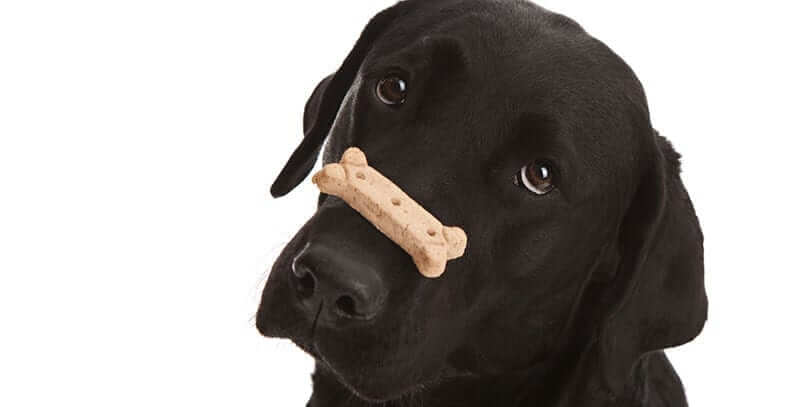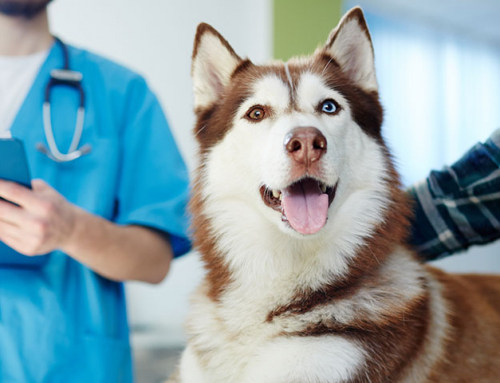Have you ever spent time at the pet store and wondered which is the best treat for your dog or cat? How do you know what you are giving to your pet is healthy?
Unfortunately, you do not know if it is good until after you try the product. There are hundreds of brands, styles, sizes and types of treats to choose from. Dog and cat treats are great for training and improving the human-animal bond. Below are some helpful points to consider the next time you shop for your furry pet.
Key features to consider in pet treats:
- Calories
- Quality of ingredients
- Hardness of the treat/toy
- AAFCO approval (Association of American Feed Control Officials)
- VOHC approval (Veterinary Oral Health Council)
- Size
- Safety
The perfect treat would be made of the best ingredients, taste great, low in calories, improve dental health and very safe.
AAFCO (Association of American Feed Control Officials) regulates the quality and safety of animal food products. Look at the label on the product for “AAFCO feeding trials,” meaning that the product was actually fed to dogs to meet their nutritional needs or “formulated to meet the nutritional levels determined by AAFCO.”
Proper nutrition is one of the most important factors affecting your pet’s health. Overall health starts with the mouth and ensuring clean teeth can reduce the risks of serious diseases such as heart, kidney and liver disease. We brush our teeth daily to remove the plaque and maintain good oral health. If daily accumulation of plaque is not removed, harmful bacteria can build under the gums leading to periodontal disease and might enter the bloodstream. The VOHC authorizes the use of their registered seal on products intended to reduce plaque and tartar on the teeth of pets. The next time you pickup or look at a bag of treats, look for the VOHC seal of approval.
Ensure you select the proper size and weight treat for your dog or cat. Consult with your veterinarian if you have questions, and never leave your pet unattended when giving them a treat or a toy.
SPECIAL CONSIDERATIONS FOR PETS WITH DIABETES: Giving treats to animals with diabetes can be very difficult. Giving treats that are high in protein and low in simple sugars and carbohydrates to dogs and cats that have their diabetes well regulated on diet and/or insulin therapy can often be tolerated. Like adding anything additional to a diabetic pet’s diet, it is very important to contact your veterinarian for advice and monitor their blood glucose to ensure safety.
Dr Gary’s Pet Health Tip of the Month:
Having trouble brushing your pet’s teeth every day or unsure of what to do with the dirty toothbrush after cleaning? Try dental wipes that have medication to reduce plaque, plus friction of the pad helps to clean teeth. The best part, when you are done, throw the wipe away. A dental treat once a day and daily teeth cleaning is a great way to prevent dental disease.
NOTE: Consult your veterinarian first to make sure my recommendations fit your special health needs.







Leave A Comment